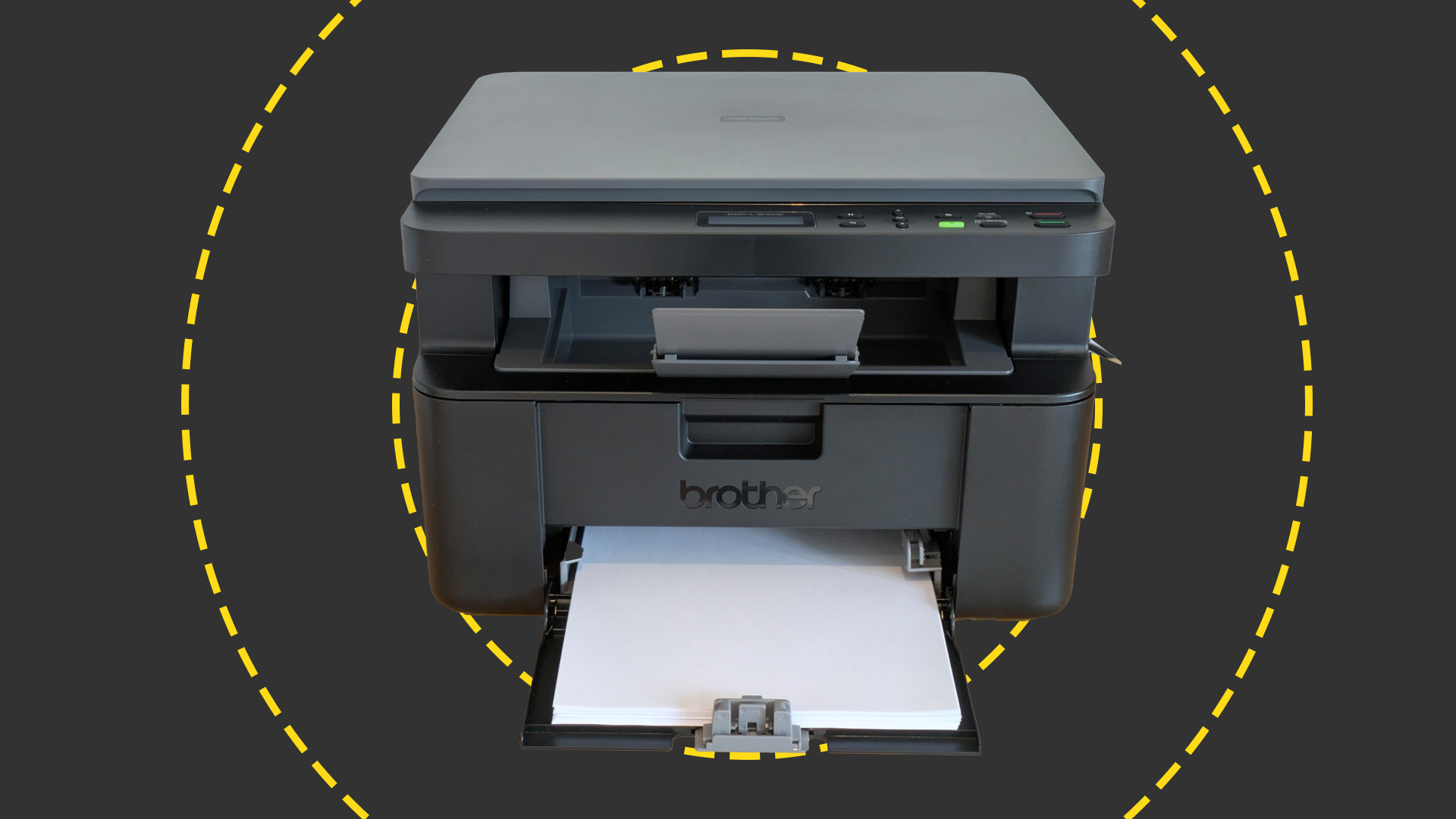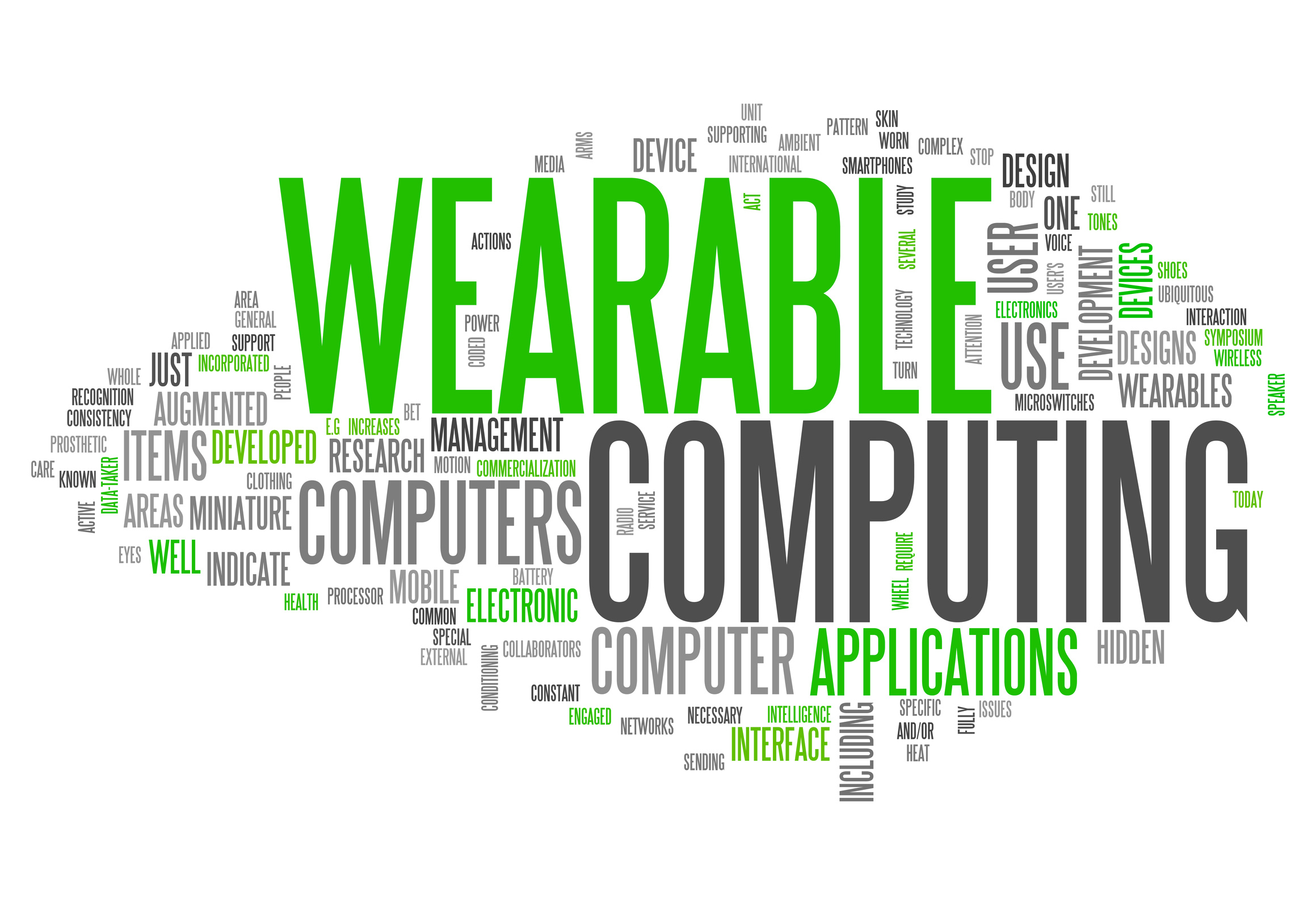Google Glass wearers can steal your passwords with new software
There’s another nefarious use for Google Glass, with software allowing users to steal your device passcodes


Days after cinemas across the UK banned Google Glass, another potential criminal use for the tech has been uncovered.
Cyber forensics experts from the University of Massachusetts have created software that allows wearers to track where others are touching their screens, thus detecting their passcodes.
Using video taken with Google Glass and other video-capturing devices, the software researchers have developed software that allows anyone to map where fingers have touched the tablet or phone screen, even from ten feet away.
The algorithm that converts these touch points into the actual keys has reportedly been tested on an iPad, a Nexus 7 tablet and an iPhone 5.
Researchers have also claimed the software could potentially give Glass wearers access to important information such as bank account passwords.
Though this technology is already available to crooks using webcams and camcorders, wearable tech has made the practice much harder to detect, and thus much more dangerous.
With Google Glass and other wearables such as smartwatches, those out to steal your information can more easily go unnoticed.
Sign up today and you will receive a free copy of our Future Focus 2025 report - the leading guidance on AI, cybersecurity and other IT challenges as per 700+ senior executives
The research will feature at the Black Hat cybersecurity conference taking place in Las Vegas next month.
Caroline has been writing about technology for more than a decade, switching between consumer smart home news and reviews and in-depth B2B industry coverage. In addition to her work for IT Pro and Cloud Pro, she has contributed to a number of titles including Expert Reviews, TechRadar, The Week and many more. She is currently the smart home editor across Future Publishing's homes titles.
You can get in touch with Caroline via email at caroline.preece@futurenet.com.
-
 Can the ‘microshifting’ trend work in the tech sector?
Can the ‘microshifting’ trend work in the tech sector?In-depth Research shows that employees want to break up their working days into short, flexible blocks – here’s how tech leaders can implement what’s being coined as ‘microshifting’
-
 Brother DCP-L1640W review
Brother DCP-L1640W reviewReviews This compact mono laser multifunction looks perfect for home workers, but is its appeal more than skin-deep?

